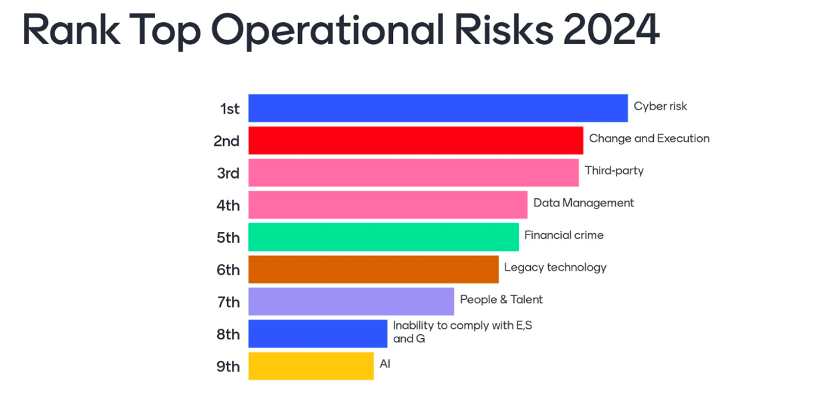The Commission has proposed an encompassing strategy to move towards EU industrial leadership in advanced materials, a key enabling technology highly relevant for the twin green and digital transition. The Communication on Advanced Materials for Industrial Leadership puts forward concrete steps enabling to align research and innovation priorities and investments in the EU, ensuring European leadership in this key technology. This initiative, eagerly anticipated by the Member States and industry, is the first step towards a common European approach for advanced materials, laying the groundwork for further action. Advanced materials are intentionally designed and engineered materials to display superior performance or special functions, which can be developed with unprecedented speed thanks to today’s scientific understanding and computing power. They are fundamental for example for innovation in energy, electronics, construction and mobility, and therefore crucial for the green and digital transition. The first list of research areas is expected to be expanded overtime in dialogue with the Technology Council to be set-up. Continue reading…
The message is clear: organisations must be held accountable for their social and environmental footprint. Therefore, it’s inevitable that speaking up becomes the next social…
Download whitepaper











